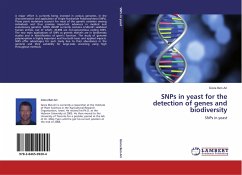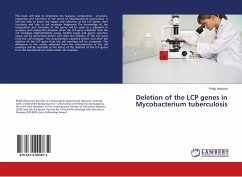We present a compilation on the evolutive processes that led to the gene emergence that should help readers who are not familiar with the subject to understand the mechanisms that might have shaped it over time. The main challenge in these processes is that they must be coherent with the emergence of self-reproducing systems from simple in- and organic chemistry as well as being compatible with natural selection. As in other sciences like physics, the detailed understanding of the most fundamental processes led to key breakthrough technological achievements. For instance, the artificially induced evolution of catalytic systems under directed selective constraints is an important issue for the processing industry. It is amazing to realize how fast complex biological systems arose and evolved in the early time of Earth. Here, it has been our aim to try to give a constructive view of how chemical information contributed to biological self-organization.
Bitte wählen Sie Ihr Anliegen aus.
Rechnungen
Retourenschein anfordern
Bestellstatus
Storno








